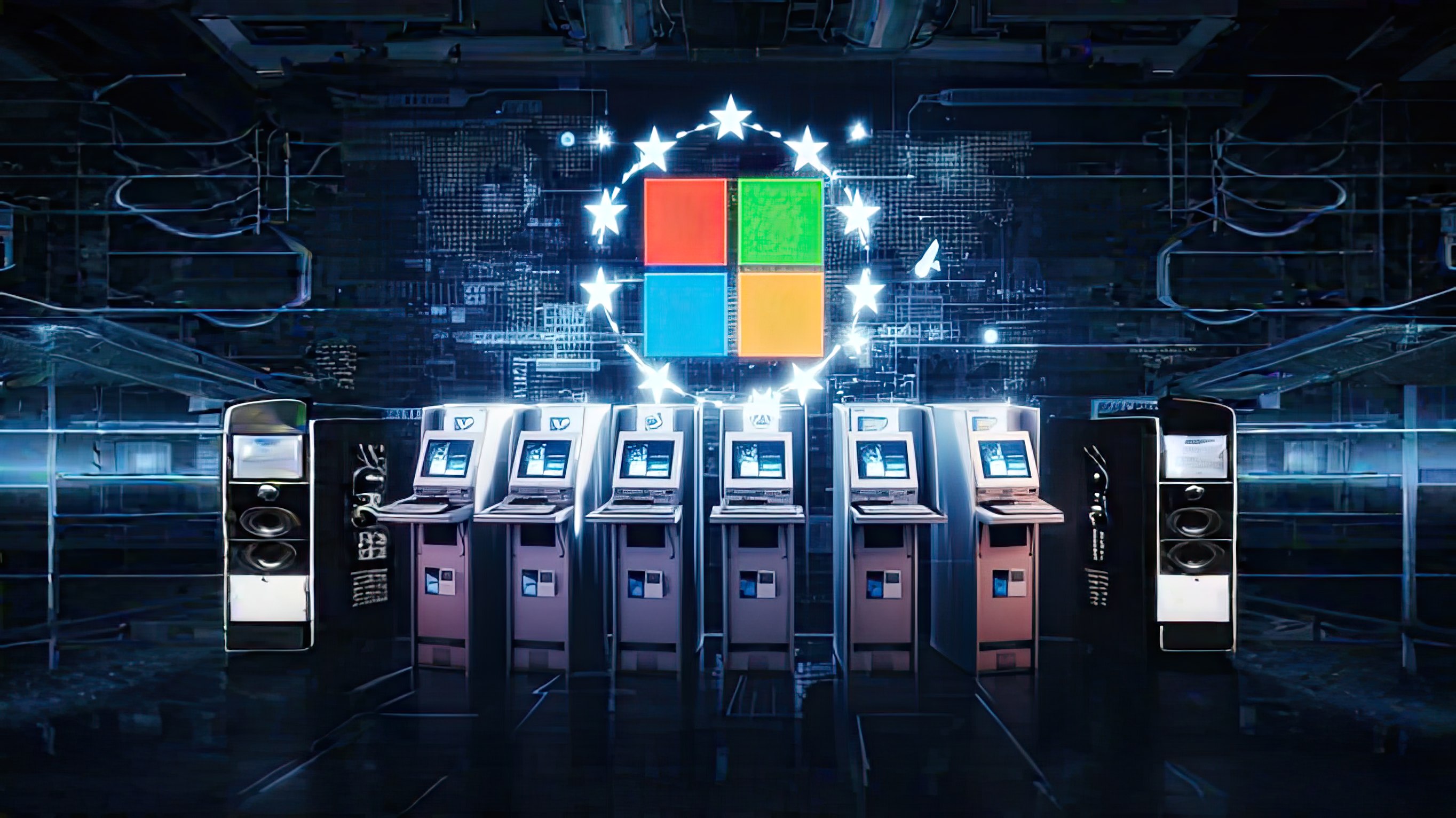Microsoft will protect election processes from AI deepfakes by empowering voters with 'authoritative' and factual election news on Bing
Microsoft highlights its plans to protect the elections from deepfakes and misinformation.

All the latest news, reviews, and guides for Windows and Xbox diehards.
You are now subscribed
Your newsletter sign-up was successful
What you need to know
- Microsoft has highlighted its plans to protect the electoral processes from deepfakes and misinformation.
- The company plans to unveil a "Content Credentials as a Service" tool that will help political campaigns protect their content from being used to spread wrong and inaccurate information.
- Microsoft intends to leverage its voice to back the Protect Elections from the Deceptive AI Act to further this cause.
- Microsoft will also utilize its market share on Search with Bing to ensure that users can access credible and reliable information regarding election processes.
Generative AI is rapidly gaining traction among users, but there's still a dark cloud looming around the technology that's raising significant concerns. First, there are privacy and security issues and the long-term effects of leveraging the technology's capabilities without proper guardrails and safety measures in place.
While President Biden recently issued an Executive Order addressing most of these concerns, there's no fireproof way to assert the technology's accuracy (especially when generating content).
How will Microsoft prevent misinformation during the election period?
In the recent past, we've seen misinformation about elections being passed around as the gospel truth across tabloids and news blogs, keeping in mind early reports of AI hallucinating and outrightly giving wrong responses. The campaign and election period is critical for most people as it plays a significant role in determining their future trajectory. Misinformation and miscommunication of facts often lead to financial turmoil, not to mention the adverse effects it has on safety.
And now, more than ever, the probability of this occurring again is highly likely thanks to the emergence of AI. But Microsoft is onto this and has outlined a five-part plan to protect electoral processes against deepfakes.
According to Microsoft's President, Brad Smith, and Microsoft's CVP Technology for Fundamental Rights, Teresa Hutson, the company is gearing up to unveil a "Content Credentials as a Service" tool developed by the Coalition for Content Provenance Authenticity's (C2PA). It'll serve as a digital watermark designed to protect a political candidate's content from being misused or to spread incorrect information maliciously. The tool will allow users to feature important information in a video's or image metadata, including when, how, and who created the content.
Microsoft also plans to launch a Campaign Success Team with vast knowledge of the ins and outs of AI and cybersecurity. The team will help political campaigns navigate these two factors and, at the same time, preserve the authenticity of their content. On top of this, Microsoft will also create an Election Communications Hub designed to secure the election processes with the help of Microsoft security and support teams.
Next, Microsoft has also categorically indicated that it will use its voice to back legal changes that shield and protect political campaigns from misinformation and deepfakes. This builds on the Protect Elections from Deceptive AI Act, which is in place to prevent the use of AI to generate inaccurate information regarding political candidates. Although parody, satire, and newsroom use will be exempted from these restrictions.
All the latest news, reviews, and guides for Windows and Xbox diehards.
"We will use our voice as a company to support legislative and legal changes that will add to the protection of campaigns and electoral processes from deepfakes and other harmful uses of new technologies."
Finally, the company will also ensure that voters get access to accurate information when scouring the web using Bing for election news and updates. According to Microsoft, Bing will pair with the National Association of State Election Directors (NASED) to ensure that the information users get is accurate and factual. As such, trusted news sources will get a higher ranking in search, ultimately drowning the misinformed sources.

Kevin Okemwa is a seasoned tech journalist based in Nairobi, Kenya with lots of experience covering the latest trends and developments in the industry at Windows Central. With a passion for innovation and a keen eye for detail, he has written for leading publications such as OnMSFT, MakeUseOf, and Windows Report, providing insightful analysis and breaking news on everything revolving around the Microsoft ecosystem. While AFK and not busy following the ever-emerging trends in tech, you can find him exploring the world or listening to music.
